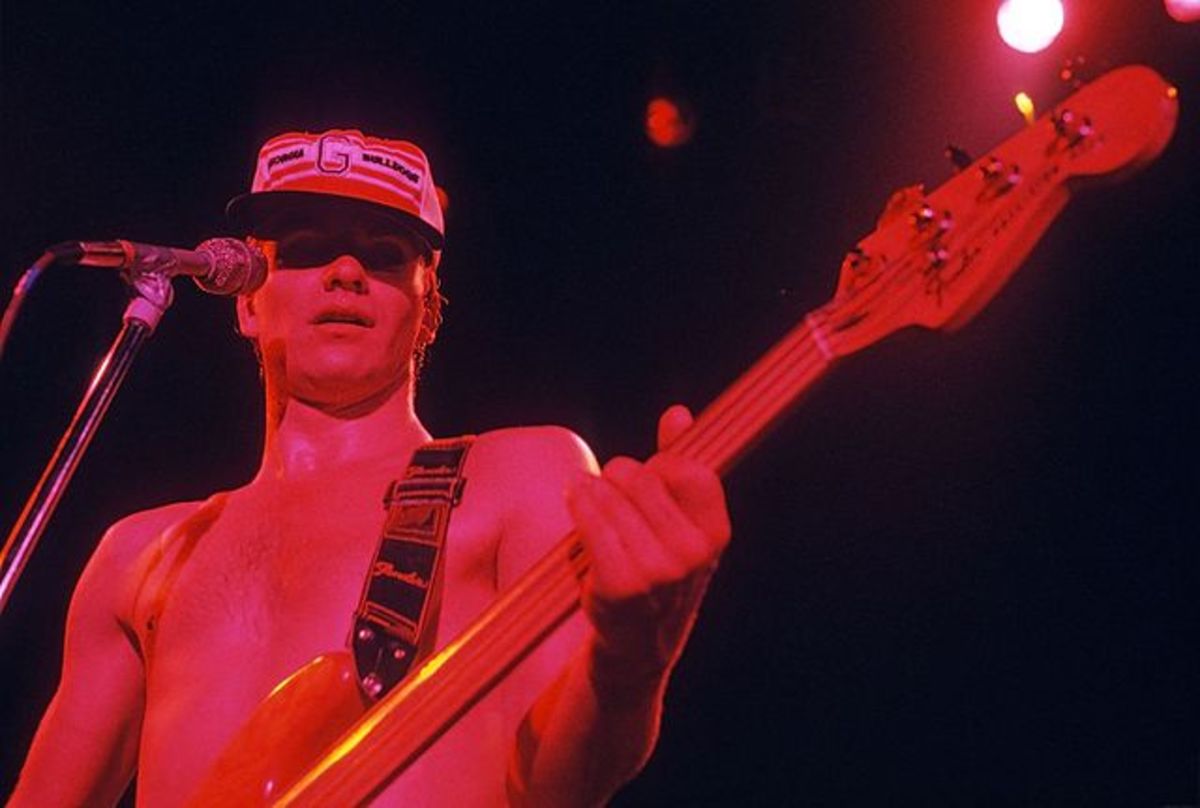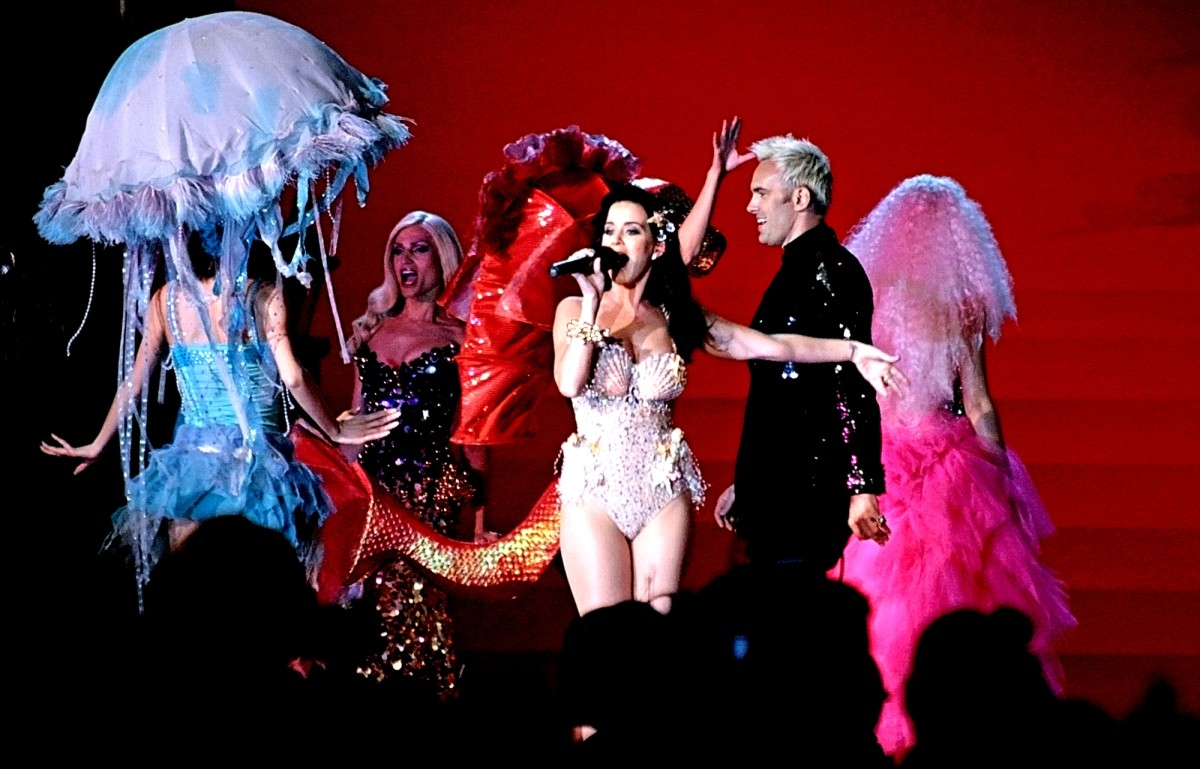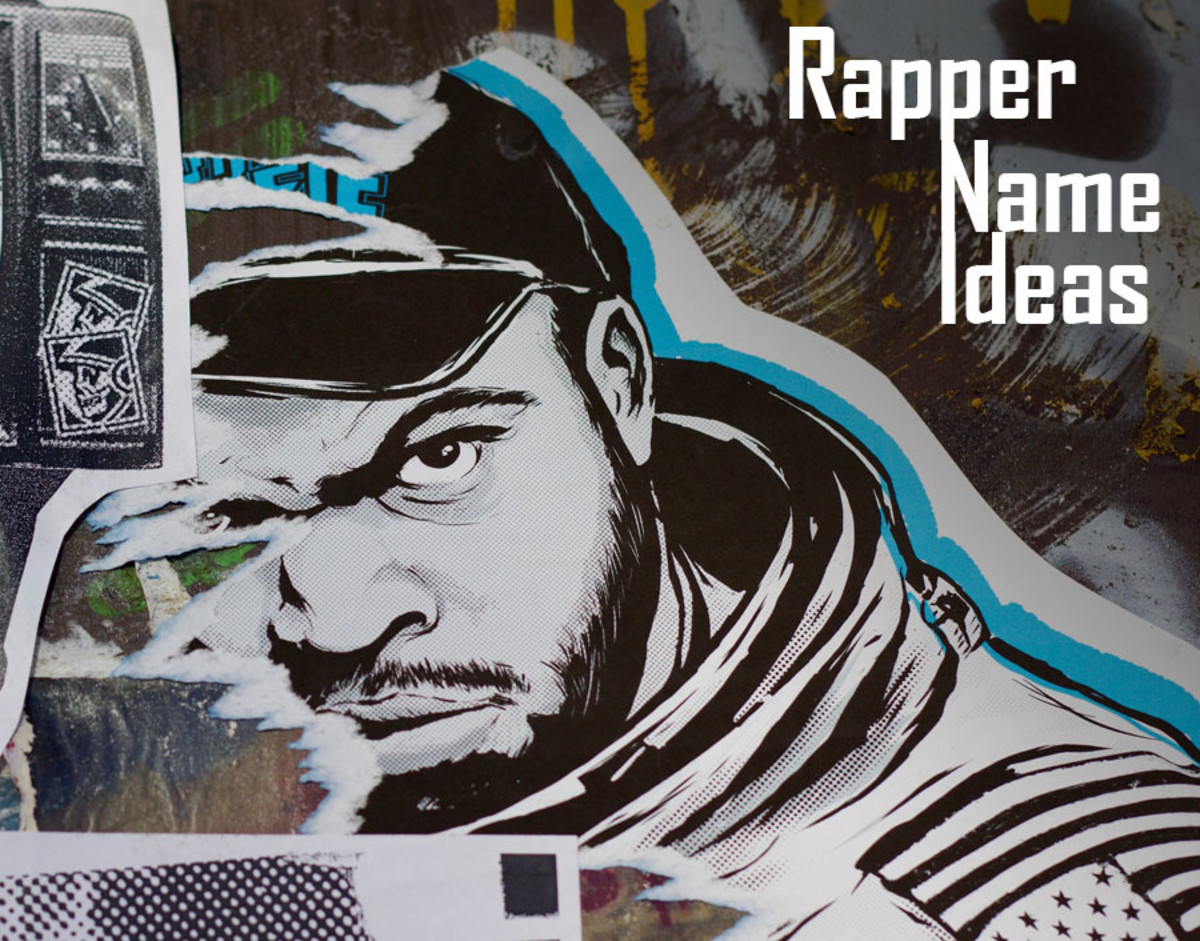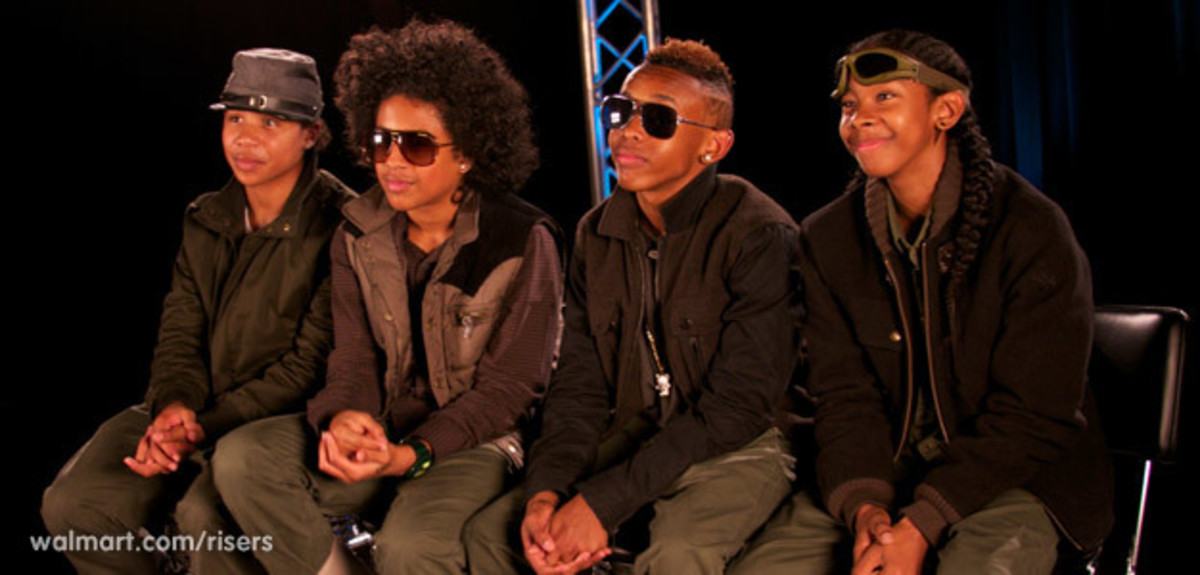N.W.A’s Explicit Song: Rap Versus Racism
The N.W.A's highly controversial song in the 90s
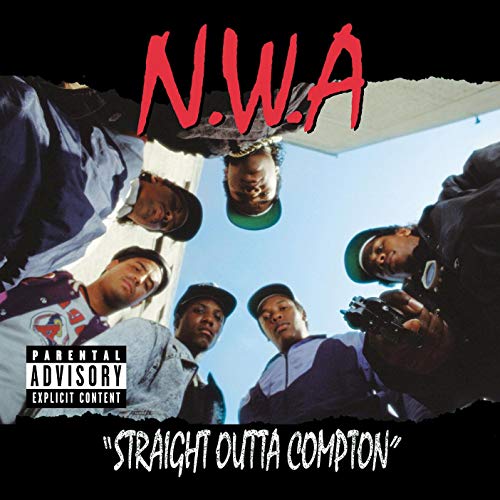
N.W.A’s Explicit Song: Rap Versus Racism
French novelist Victor Hugo once said the music expresses that which cannot be said and which it is impossible to be silent. The role of music to people individually, culturally and even socially transcends beyond words and the arrangement of notes. Throughout the years in history, music has been an important piece of art to every society and to every culture. It has always been used to express the things that cannot be expressed in simple words. People had been using music to convey emotions and ideas through sound and harmony. For some, music is considered a universal way of communicating. It speaks to everyone and everyone has a chance to listen to it.
Every music and every song ever made surely has message within it – whether it may be hidden or in plain sight. Artists (musicians) used this art to convey their message of love, sadness, hatred, fear and any other emotions towards something or someone else. Some use it to convey their messages of appreciation to something or someone. In recent times, music has been used as a tool of protest or propaganda that convey a message addressed to the community, the society or even the authorities. It speaks to the culture by the culture itself.
The N.W.A and Fuck Tha Police
In the case of N.W.A, they used their music to protest and express their ideas regarding a specific social issue that they are a victim of. The song “Fuck tha Police” is a song that expresses a wide array of messages regarding different social issues. It is a song that has been turned into a weapon to fight social injustice. It is a song that became a weapon to eliminate racism and other forms of discrimination.
Popular music has a wide range of genres and song ideas behind. Although majority of popular music artists prefer “love” as a topic in music, there are still some artists who are brave enough to use popular music to tackle complex societal issues such as race, class, gender and sometimes even the environment. In this generation where there are different kinds of media where music can be listening to because these kinds of songs are hard to sell. However, there are still songs that already made their mark in the history that aren’t about love or romance.
N.W.A.’s Fuck Tha Police is one of the songs that speaks about complex issues and still patronize by a larger audience. These kinds of song have always sparked huge amount of controversy but that is exactly what the artists and songwriters intend to.
In the Know for the N.W.A
N.W.A used to be an American hip-hop group that originated from a predominantly black suburb in Compton, Los Angeles, California. The group began in 1986 and eventually split-up five years later in 1991. However, in 1998, they came back together and lasted another two years before splitting up the second time. In 2011, White Mile’s book from Jim Crow to Jay-Z: Race, Rap and Performance of Masculinity, considers that N.W.A. were among the earliest and most significant controversial figures in the “gangsta” rap subgenre. He added that the group were one of the greatest and most controversial groups in hip-hop history. N.W.A. is an abbreviation for Niggaz Wit Attitudes. The group’s members were Arabian Prince, DJ Yella, Dr. Dre, Eazy-E, Ice Cube and MC Ren. All of these are members of the black community hailing from the suburbs of Los Angeles, California. In their relatively short time together, they were able to create music and write songs that spoke for the community they represented.
What Fuck Tha Police Represents
The song Fuck tha Police was released in 1998 in their debut studio album Straight Outta Compton. Most of the song lyrics were written by the group members. It was considered as perhaps the group’s most notorious song since it brought them into conflict with different law enforcement agencies.
The song speaks about violence brought about by law enforcements themselves pertaining to people of the artists’ race. The opening part of the song presents a scenario wherein the songwriters were in case against the police themselves in which they claimed to have taken place in NWA court. The opening part clearly emphasizes that no matter where they are, in court or in streets, the authorities would never really believe what they have to say primarily because of the race bias they were experiencing. During those times, race discrimination was very prevalent particularly in that part of the country.
The song goes on and it evidently expresses displeasure with how the police and law treat them. The police, believes the songwriters, are racists and keep on harassing them wherever they are. This can obviously be interpreted in the lyrics “Comin straight from the underground, Young nigga got it bad cuz I'm brown, and not the other color so police think they have the authority to kill a minority.”
According to the lyrics of the song, it is not only white cops who commit violence to the black community but also members of the law enforcement who were also black. The songwriters were taking shots not to the white people, but they were particularly aiming for the police force itself as evident in one of the lines in the song, “black police showing out for the white cop.”
In the song’s lyrics, "I'm a sniper with a hell of a scope, taking out a cop or two, they can't cope with me" and "a sucka in a uniform waitin' to get shot by me or another nigga," the songwriters believe that the African-Americans are always on the crosshairs of the law enforcements. The feeling of being constantly harassed by the police is not a great feeling as expressed in the song.
Police brutality is the general theme of the song. Moreover, police brutality to young African Americans is also a less subtle theme in the song. Songwriters of this song believe that this kind of rap may be considered as reality rap as they believe it is the reality.
Fuck Tha Police is a song that suggests anger among its singers. It is a kind of anger that can come from younger men, specifically teenagers, who were seemed to be lost. Because of this, the song was able to relate to fellow young men who experience the same anger who feel they can lash out their anger through this song.
Using powerful words and an uprising genre of music, the songwriters were able to convey their message of the reality of violence from police and black people. However, law enforcements believe that the song itself encourage violence and has brought a huge degree of disrespect to law enforcements. Although the song has raised controversies and sparked inspirations to most African American groups and individuals, most scholars believe that the song has more negative effects than positive ones pertaining specifically to long-term effects.
Scholarly Commentary about the Song
Instead of raising awareness about racism, more scholars have believed that it has released the hidden rage and anger of black people towards the law and the law enforcements. In April 2018, Uzochi Nwoko of The Harvard Commission said that when rappers become to political, they often receive a flurry of backlash. However, the author strongly agreed that there is a flawed perception of hip-hop music in the country. However, Fox News Analyst Gerardo Rivera believes that these kinds of songs were unhealthy for the society and community. He said that hip-hop has done more damage to young African Americans than racism in recent years. In 2008, Pew Research Center conducted a survey about the negative effects of this genre. Surprisingly, almost 70% of Americans believe that rap had negatively impacted the society. Most of the participants believe that some these hip-hop and rap songs indeed romanticized and tolerated destructive behavior especially in relation to substance abuse, rape and violence.
Nwoko respects the ideas behind these facts, yet he still believes in the power of the music. He claims that although some of these songs highlighted the use of substance and some illegal activities, the messages are still loud and clear. Believing in the idea that these songs are bringing negative effects to the society overall, clearly shows how rampant racism is no matter where.
Terry Teachout of Commentary wrote an article Rap and Racism in March of 1990. He claims that rap music is loud, aggressive and often obscene. Some may believe, according to him, that this genre promotes violence and most of the time, objectifies women as sex objects. It is always motivated by anger and lashing out. This genre of music is quite popular to younger genre because of the transitions they are experiencing in their life. Teenagers, like rap, are inclined to being loud and aggressive. The tendency is they resort to kinds of music they can relate to and music they can believe in.
The song Fuck Tha Police by N.W.A. with all its obscenity, language and violent references may arguably fall into this category: that the song brought more harm to the society than it did to fight racism. These kinds of songs surely have impact whether positive or negative.
Conclusion
The interesting thing about this song is how the artists manage to convey their message in a more powerful way than ordinary songs about love and romance. These kinds of songs are essential not only to the society but also to individuals who are looking for avenues to express their feelings whether they may be anger, romance or bliss. Clearly, the idea of the songwriters of this song is not to cause violence. It is neither to question the law or the society itself. Rather, the idea behind the songwriter’s expression of emotion is to simply express their own understanding of reality. They simply wanted to let the world know that indifference and bias to African American exist in a manner that they will be effectively heard – through music of their own style.
It was never their intention to give this genre a bad name due to the controversies it gathered. The important thing is that their message was heard. Expressing one’s emotion through music is never a crime. After all, what good is music for if isn’t to speak what is unspeakable to plain language?
References
“A Flawed Perception of Hip-Hop | Arts.” The Harvard Crimson, www.thecrimson.com/column/where-rap-meets-race/article/2018/4/4/whererapmeetsrace-installment4/.
Teachout, Terry, et al. “Rap and Racism.” Commentary Magazine, 1 Mar. 1990, www.commentarymagazine.com/articles/rap-and-racism/.

